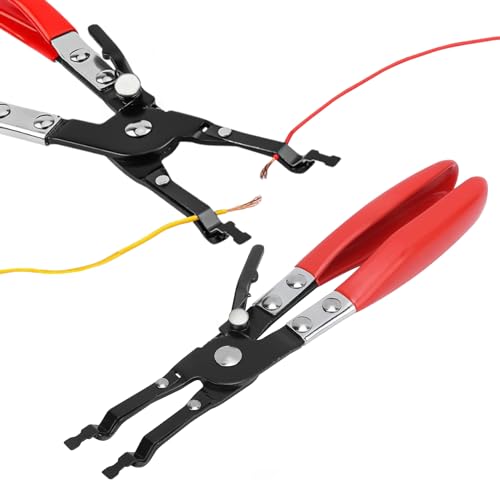Trex
Well-known member
PolishPilot said:On Polish motorways the speed limit is 140 km/h.
With empty battery I can hardly get below 10 l/100km at this speed.
By strong wind I burned recently 10.5 l/100km.
Nevertheless, my overall average over the 24.000 km since new stays by 5.8l/100km.
I wouldn't call it "lemon" for a 2t, AWD SUV.
Thanks for that reading at 140kph PolishPilot,
Cannot do 140kph around here (110kph max ) so cannot compare but the figure sounds very believable.
I was being sarcastic or joking when I said lemon actually. It is just some of the figures thrown around here on the forum has me wondering "what the hell" or "Does that include grid charge"?
Did I read somewhere here on the forum that you fly planes (and with your avatar). Can I ask what type?
Regards Trex.




























